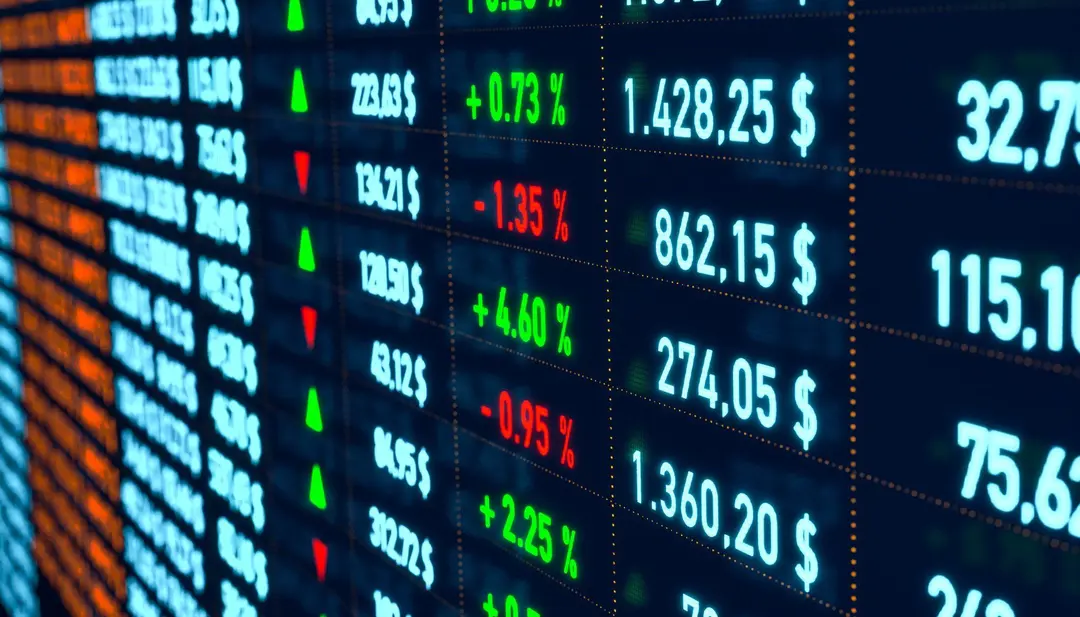When investors or advisors refer to dividend stocks, they’re usually referring to specific companies and shares that regularly pass a significant percentage of their profits on to stockholders.
This profit sharing can be used by some retirees as income to fund their lifestyle. In order to reach the necessary threshold of passive income generation through dividends, you may have to invest a large portion of your nest egg into companies or funds that specifically hold high-dividend shares.
Examples of High Dividend Stocks
Although there are certain industries or types of funds known for profit sharing (like Real Estate Investment Trusts, or REITs), dividend investors can find reliable dividend stocks in a diverse variety of sectors.
Some popular examples of high-yield dividend companies include:
- AT&T
- Verizon
- Exon Mobile
- IBM
- Walgreens
- JPMorgan
Are Dividend Stocks Good Bear Market Protection?
Every company and investor is different, which is why you should strongly consider discussing your income preferences with a retirement planner or investment manager.
Dividend yields are calculated by dividing the annual dividends per share by the current share price and multiplying the result by 100. However, the dividend yield doesn’t impact the actual dividend, it’s simply a metric used by investors to guide their decision making. There’s no direct correlation between a stock’s price and its dividend.
Dividends can get cut, but those cuts are often due to a drop in earnings rather than a drop in stock price.
In fact, there’s an incentive for companies to keep dividends stable when their stock price falls. Publicly traded companies want to incentivize their current investors to hold on to the stock instead of selling it. Paying a good dividend is a reliable way to entice investors to hold on to their shares.
While these companies have an incentive to continue paying dividends during a bear market, stock prices still matter. Dividend payments may not make up for a drop in your holding’s valuation.
Every investor needs to carefully consider their strategies based on their goals, which is why an investor who holds dividend stocks purely for passive income generation may hold while another investor may choose to sell.
What’s the Difference Between a Dividend Stock and a Dividend Fund?
A dividend stock is a single publicly traded company that offers a high dividend. A dividend fund is either an ETF or mutual fund that holds a diverse array of individual dividend stocks. A dividend fund can mitigate the risks previously discussed. A single stock may drop in valuation, even if it continues paying out a stable dividend. Dividend funds can drop in valuation as well, especially during market downturns, but the risk is greatly diluted across all the companies held by the fund. Dividend mutual funds and ETFS are also professionally managed, which means experts will make informed decisions based on the interests of fund holders.
Whether you’re better off investing in individual dividend stocks or dividend funds depends on your personal preferences and knowledge. Avid investors may believe they can make better choices for their own savings than a fund manager can, and therefore choose to invest in individual stocks. Many retirees may prefer to follow the guidance of fund managers rather than try to manage a diverse dividend stock portfolio on their own.
Stock price is not always a perfect indicator of a business’s health. Investors who want to micromanage their own portfolio should be cognizant of business risks that may affect future dividend payments.
How Are Cash Dividends Paid?
Dividend rates are usually displayed in an annual format but are paid yearly, semi-annually or quarterly. A company that pays $3.00 per share will likely pay $0.75 every quarter, $1.50 twice per year or one yearly payment of $3.00.
A stock’s ex-dividend date (or simply ex-date) is the day before the company records all shareholders eligible to receive a dividend. That means you will only be paid the dividend for the period if you own the share by the ex-dividend date.
Should You Invest in Dividend Stocks?
If you’re looking for passive income investment options for your retirement savings, you may be considering investing heavily in dividend stocks or funds. The team at Fullerton Financial Planning is here to answer your questions and provide guidance for your retirement investments.
Speak to a financial advisor today by calling us at (623) 974-0300.






